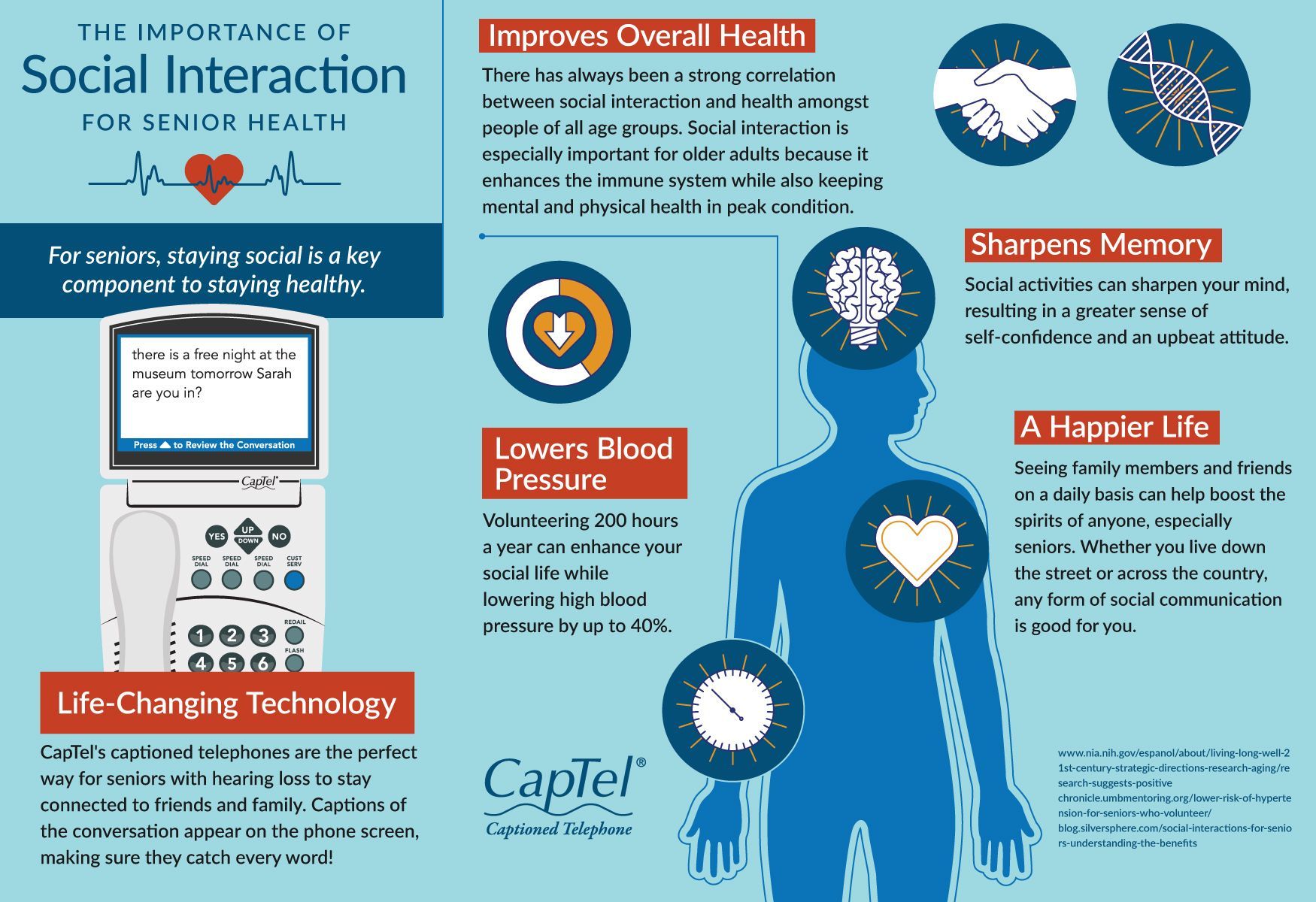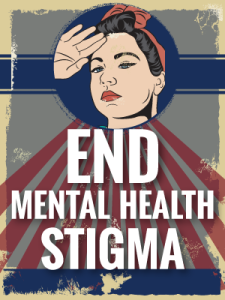
The Impact of Social Connections on Mental and Emotional Health
Human beings are social creatures by nature, and our connections with others play a significant role in our overall well-being. Extensive research has established that social connections have a profound impact on mental and emotional health. From reducing the risk of mental health disorders to increasing happiness and life satisfaction, fostering meaningful relationships is crucial for a balanced and fulfilling life.
Reducing the Risk of Mental Health Disorders
One of the most significant benefits of social connections is their potential to reduce the risk of mental health disorders. Studies have found a strong correlation between social isolation and an increased risk of conditions such as depression, anxiety disorders, and even suicidal thoughts. Engaging in regular social interactions helps individuals feel supported, valued, and understood, reducing feelings of loneliness and promoting mental well-being.
Promoting Positive Mental States
Building and maintaining social connections also plays a vital role in promoting positive mental states. When we interact with others, our brain releases hormones such as oxytocin and dopamine, commonly known as the “feel-good” chemicals. These hormones are associated with feelings of happiness, trust, and overall well-being. By cultivating strong social connections, we can tap into these positive emotions, leading to improved mental health and a more positive outlook on life.
Boosting Self-Esteem and Confidence
Social connections have a profound impact on our sense of self-esteem and confidence. Positive interactions with others can provide validation, support, and encouragement, which are essential for developing a healthy self-image. By receiving love, care, and acceptance from our social connections, we begin to believe in our worth and capabilities, boosting our confidence and self-esteem. Conversely, a lack of social connections can lead to feelings of inadequacy, self-doubt, and isolation.
Providing Emotional Support
In times of difficulty or stress, social connections can be a lifeline by providing emotional support. Having a strong support system to lean on during challenging times can help individuals navigate through adversity more effectively. Whether it is a close friend, family member, or support group, having someone who can listen, empathize, and offer guidance can make a huge difference in coping with emotional difficulties. Social connections help individuals feel understood and cared for, alleviating emotional distress and promoting resilience.
Improving Life Satisfaction and Longevity
Research consistently shows that individuals with meaningful social connections have higher levels of life satisfaction and overall well-being. Strong social ties provide a sense of belonging and purpose, both of which are essential for a fulfilling life. Additionally, individuals with robust social networks tend to have healthier lifestyle behaviors, such as regular exercise and healthier eating habits, which contribute to longevity. By fostering social connections, we not only improve our mental and emotional health but also increase our chances of living a long and fulfilling life.
In conclusion, the impact of social connections on mental and emotional health cannot be overstated. From reducing the risk of mental health disorders to promoting positive mental states and boosting self-esteem, the benefits of meaningful relationships are numerous. It is crucial for individuals to prioritize social interactions, cultivate strong social networks, and seek emotional support when needed. By doing so, we can nurture our mental and emotional well-being and enjoy a happier, healthier, and more fulfilling life.

